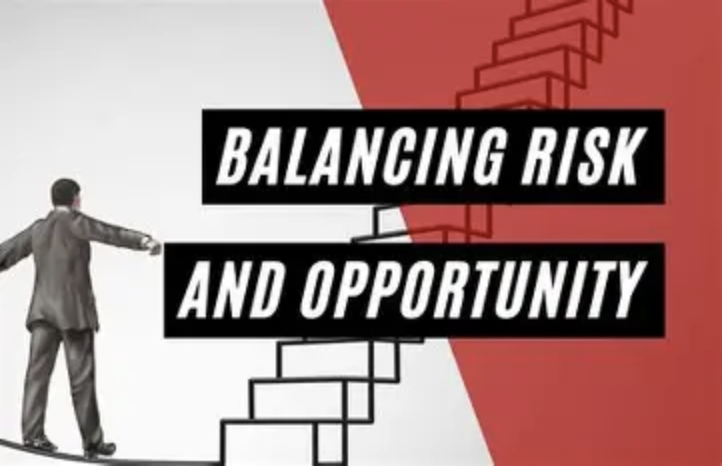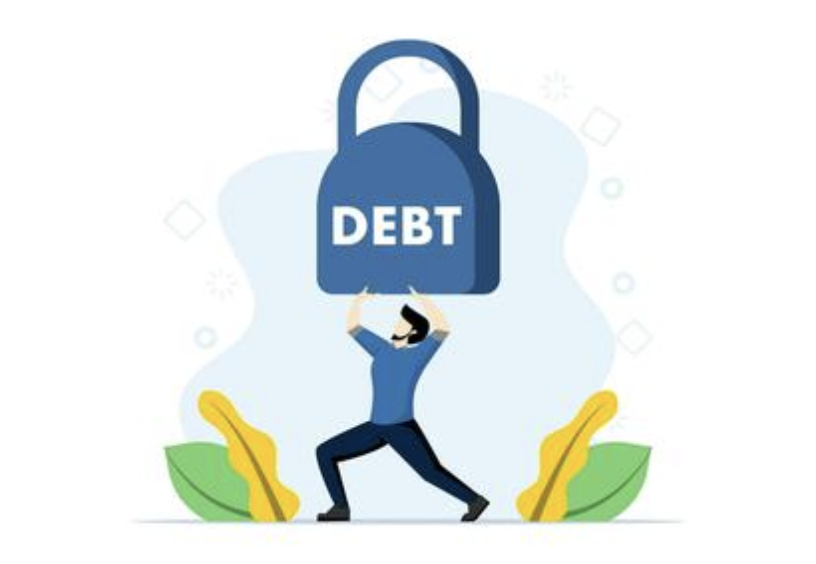When people think about "compounding," they often picture savings accounts. However, its true strength is in transforming small, regular decisions into impressive outcomes—a principle that wealthy individuals naturally understand. This concept goes beyond finances; it also influences wealth, skills, and social standing as time progresses.
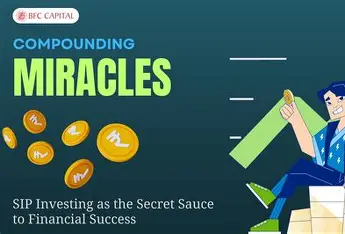
Consistency Is Key, Not Speed
Patience fuels compounding, unlike the pursuit of quick successes. A collector of luxury watches who acquires one rare item each year may not witness immediate increases in value, but over the years, the worth of their collection significantly exceeds the total cost of the individual pieces. This principle is equally true for investments: consistent contributions, even if they are small, outperform occasional large investments, as they build upon previous gains.
Imagine a person who consistently invests a set amount into a stock fund that focuses on dividends every month instead of saving a large sum to invest all at once. With time, they take advantage of "dollar-cost averaging," which allows them to acquire more shares when the fund's price drops and fewer when it rises. Additionally, the dividends they receive quarterly are used to purchase even more shares. This consistent approach leads to growth in their portfolio, not only due to their regular contributions but also from the accumulation of earnings. This compounding effect is something that infrequent large investments often miss out on.
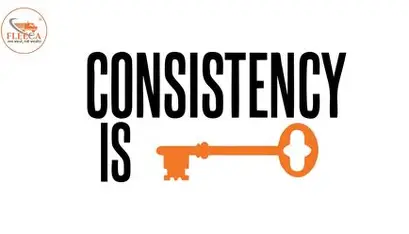
Turning "Little" into "Great"
You may dismiss a 5% yearly return on a $100,000 investment, but after 20 years, that amount can nearly triple. This outcome arises not from massive increases but from each year's earnings being added back to the initial investment. For high-income earners, redirecting a small part of their earnings consistently can lead to a sizable reserve that overshadows sporadic large sums.
Imagine reinvesting the earnings you get from a luxury retail stock. When you take a small quarterly payment of 3-4% and reinvest it, you can purchase additional shares, which will also produce dividends. After ten years, this process can transform a small initial investment into a significantly larger one. It doesn’t require making any risky investments; instead, you simply enjoy steady, small growth that builds up over time.
Exponential Growth Over Linear Thinking
Linear growth follows a predictable path: earn $10,000, save $1,000. In contrast, compounding creates exponential growth—your saved $1,000 not only increases, but its increase generates more. A real estate investor who reinvests rental income is not merely adding to their holdings; they are using profits from each property to acquire more, leading to a compounding effect that simple saving can’t replicate.
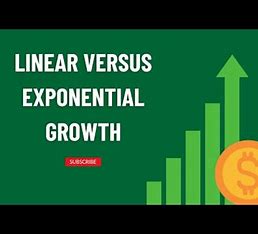
Wealthy people actively use their profits. For instance, a restaurant owner who reinvests earnings in upgrading equipment, training staff, and expanding venues is not just spending. Instead, they are enhancing assets that will generate even more income. Compounding makes these reinvestments function as a self-sustaining engine for growth.
More Than Just Numbers—A Way of Thinking
Those who effectively utilize compounding do not chase fleeting trends. Instead, they focus on long-term value: mentoring their team (which ultimately boosts their success), investing in education (that opens doors to better chances), or safeguarding assets (which grow over time). It's all about prioritizing the bigger picture rather than immediate gains.
Compounding is remarkable; it transforms consistent, ordinary actions into extraordinary outcomes. For those with resources to invest—whether it be money, time, or connections—it represents the most dependable route to lasting wealth and influence.


